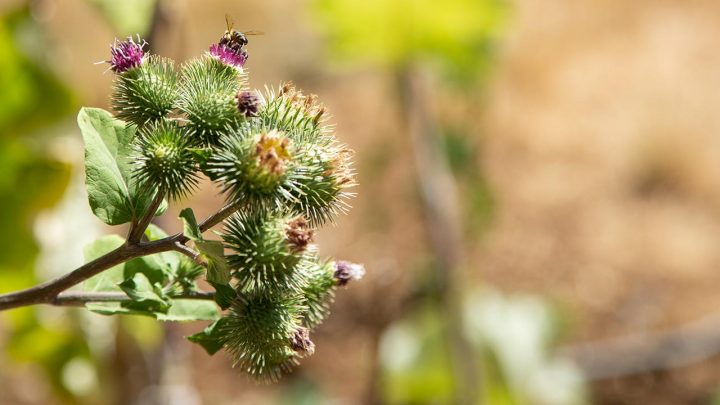
Bees are known to be exquisitely sensitive to exposure from pesticides. But herbicides are proving to be injurious to their health, as well. Not only are they physiologically vulnerable through direct exposure that may effect the bacteria in their gut, herbicides like Dicamba, reduce the amount of flowering plants that bees depend upon for food.
In particular, Dicamba has been widely reported to drift from agricultural fields where it’s applied on GMO soybean and cotton crops to neighboring fields where bees may also forage for pollen. As this article published in Reveal reports, beekeepers in areas of the South and Midwest near where Dicamba is sprayed have seen substantial declines in their own bees honey production.
Read the article: Bees face yet another lethal threat in dicamba, a drift-prone pesticide
For those who have followed these types of stories— for years, the manufacturers have emphatically denied that their products are harmful if used within established guidelines. Another herbicide, Glyphosate, has been defended as being harmless to human health and only recently has the science been able to firmly establish a link with cancer. In fact, Dicamba which has been around for years is being used now because Glyphosate has become less effective due to built-up resistance in crops from its longterm use.
While we don’t live in a black and white world where all chemicals which may cause harm must be banned entirely, we do live in an out-of-balanced world where harmful chemicals are knowingly used in ways that harm the environment and living things (including us humans) under the guise of economic necessity. At some point though (we are in the midst of a sixth mass extinction for those taking notice), the harms will no longer amass under-appreciated and then we will be forced to re-imagine a dominant agricultural system that doesn’t depend upon an ever expanding arsenal of agro-chemical poisons in order to produce our food.
Read also:
